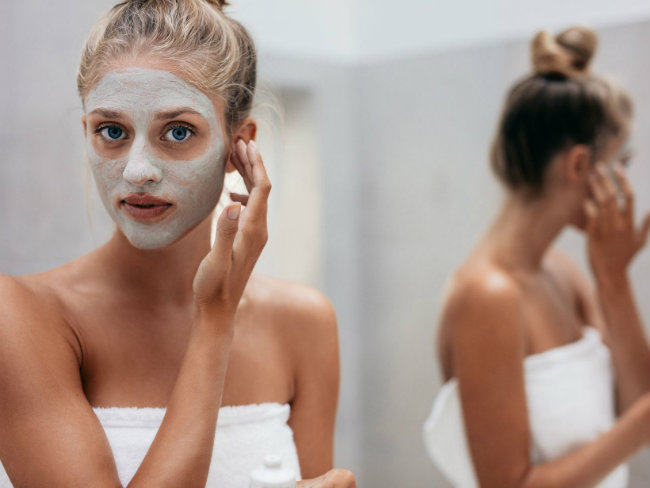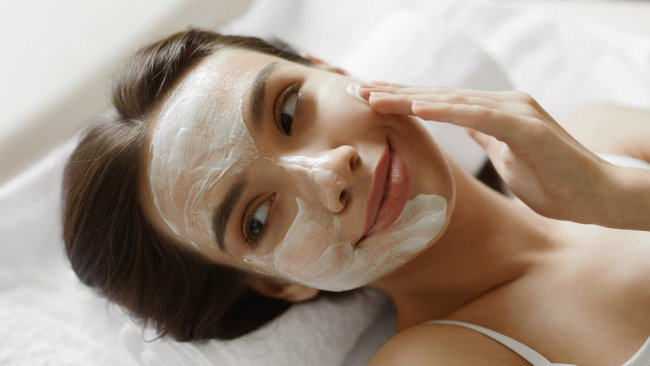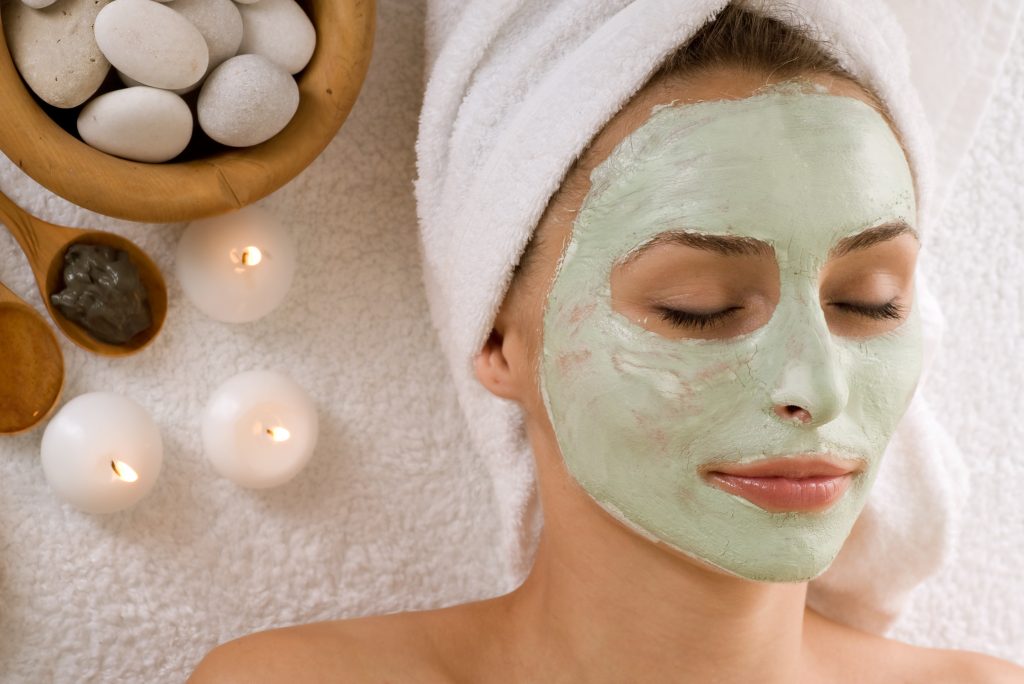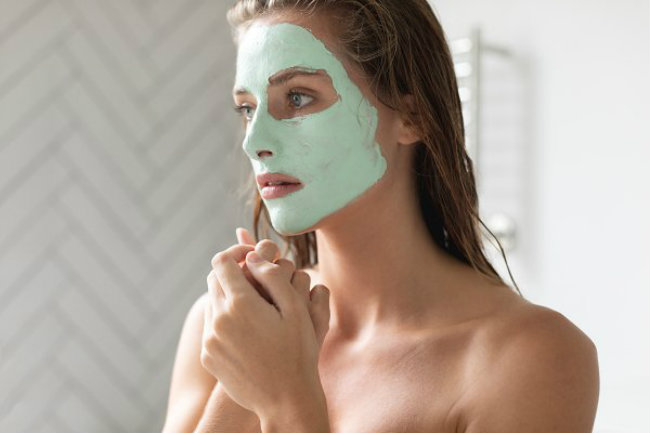What Is the Ideal Face Mask for Your Skin Type?
Putting on a face mask and soaking in a hot bath is a ritual I like to perform when I need to feel a little good about myself. It gives me some hardcore luxurious vibes. Kind of like popping a bottle of champagne for no reason at all (read: Just because the store had it on discount this week).

So, we know that they feel great but do face masks work? There are many masks that are trending right now, from sheet masks to goat’s milk. But if you just take any popular mask off the shelf and splatter it on your face without any forethought, you can’t just expect any results. The only way to know whether a mask can deliver the desired effect is to take a look at the list of ingredients and see how they match your skin. With that being said, here are some of the best face mask types for different skin types.
Dry Skin
Masks can be your best friend if you have dry skin. In addition to your daily moisturiser, using a mask for dry skin two times a week can help rebuild the skin’s natural moisture barrier. People with dry skin will find masks especially soothing during the colder and drier months when their skin is extra tight and dried out. Usually, masks for dry skin come in a crème form that you spread on your face and leave overnight for the ultimate hydration boost. Sheet masks are another great option for locking in the moisture of your skin.

For the best effect, it’s recommended to look for masks that contain vitamin E, calendula oil, avocado oil or hyaluronic acid. Rosewater, cucumber extract and micro-algae extract are recommended to use in the summer when your skin might not need such an intense level of hydration. If your skin is also prone to inflammation, look for masks containing chamomile, oatmeal, aloe vera, glycerin and ceramides. On the other hand, make sure to avoid masks with drying ingredients such as charcoal, fragrance or alcohol that may worsen your problems.
Oily Skin
A facial mask can be the solution you need if your skin is constantly shiny and your regular skincare routine despite preventing your pores from getting clogged doesn’t help control the sebum production. The right mask can help balance oil production. Kaolin clay masks or masks that contain tea tree are considered the most effective for oily skin. Another helpful ingredient to look for is sulphur. Besides helping to reduce the production of sebum, sulphur also calms redness and prevents breakouts.

If you have oily skin, it doesn’t mean that you should avoid moisturising ingredients. Sometimes, excess sebum can be your skin dealing with dehydration. If your skin is shiny but somehow still feels tight, then it may be dehydrated. If this is the case, you can also try using mask advertised for dry skin once a week in order to help balance the skin’s moisture levels.
Acne-Prone Skin

If you struggle with breakouts and have congested skin, then you need a mask that can clarify and soothe your skin. Look for products that include ingredients such as salicylic acid, charcoal, kaolin clay and other forms of absorbent clays. These ingredients strip the excess oil and at the same time penetrate deep to dissolve the buildup in the pores. Additionally, lavender, antioxidants and lactic acid can help soothe the skin and prevent the mask from being too harsh.
Normal Skin

Normal skin can benefit from all kinds of masks as long as they aren’t too harsh. Avoid masks with strong chemicals such as salicylic acid and opt for hydrating masks to give your skin a plump and glowing look. Particularly those that are oil-free and non-comedogenic. These are masks based on active ingredients such as hyaluronic acid and grape seed oil.
Uneven Skin Tone

If you deal with uneven skin tone, also called hyper-pigmentation, masks can be a helpful way to even it out. Look for masks with an exfoliating effect such as those containing vitamin C, glycolic acid or retinol. These ingredients help slough off dead skin cells, repair sun damage and brighten the complexion.
Aging Skin

Facial masks can help slow down the effects of ageing and reduce the appearance of fine lines. Look for masks that contain squalane as it provides deep hydration that makes the skin plumper. Additionally, masks that include retinol, bakuchiol or peptides help stimulate the production of collagen, thus improving elasticity.
How Often Should You Use a Face Mask?

Besides picking the right mask for your skin, you also need to use it consistently for it to have any results. Because we consider masks as treats (and treats are only enjoyed from time to time), we fail to use them effectively. That being said, depending on the type of mask, you should use it one to three times a week.



